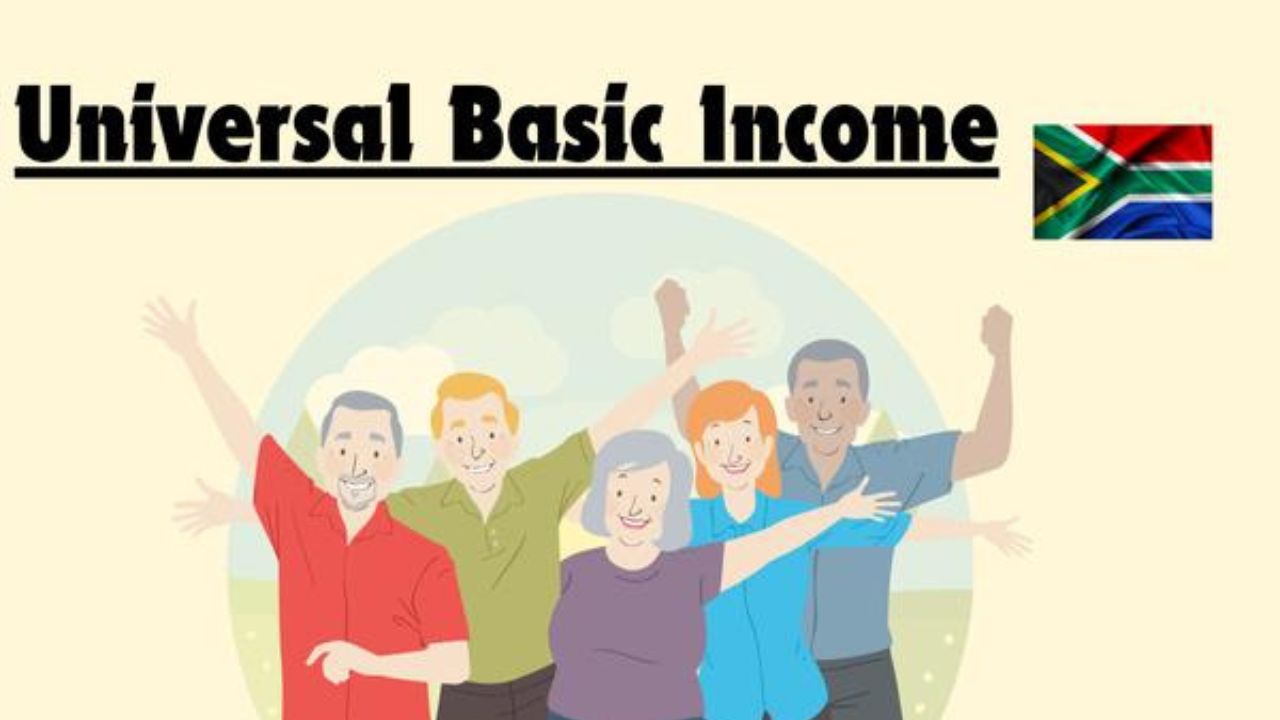SRD against Universal Basic Income in 2024–2025. With the planned introduction of a Universal Basic Income (UBI) program in the fiscal year 2024–2025, South Africa is poised for a dramatic policy shift. This program is a significant departure from the short-term financial assistance programs, known as the Social Relief of Distress (SRD) award, implemented during the COVID-19 epidemic. The main distinctions between these two initiatives are discussed here, along with what to anticipate from this novel strategy.
A Fresh Beginning:
During the epidemic, the SRD grant—which will be implemented in 2020—acted as a vital lifeline for millions of jobless South Africans. It was intended to be a stopgap solution that gave those who satisfied specific income-based requirements financial assistance.
The SRD did not cover all vulnerable populations, and it was transitory and conditional, among other drawbacks. The requirement for beneficiaries to reapply regularly led to instability and uncertainty.

On the other hand, the planned UBI scheme for 2024–2025 represents a significant change in South Africa’s social welfare paradigm.
The Universal Basic Economic (UBI) seeks financial support for a larger group of people, encompassing all adult citizens within a designated age range, irrespective of their job or economic situation.
This program aims to reduce poverty, promote economic participation, and give all qualified individuals a solid financial foundation for the long run.
SRD VS UBI:
The current SRD payment is about to be replaced or supplemented by the implementation of UBI, which would drastically alter the social welfare environment in South Africa. The main distinctions between the SRD award and the future UBI scheme are broken down as follows:
| Feature | SRD Grant | Universal Basic Income (UBI) |
| Target Group | Unemployed individuals aged 18-60 | All adult citizens aged 18-59 |
| Eligibility | Means-tested, demonstrating financial hardship | Universal, no income or employment criteria |
| Nature | Temporary COVID-19 relief measure | Long-term social safety net |
| Application | Conditional, requires periodic reapplication | Unconditional, no reapplication is required |
| Impact | Limited, temporary financial assistance | Broader poverty reduction, economic boost |
| Challenges | Administrative burden, limited reach | Fiscal sustainability, potential work disincentives |
Important Variations:
- Target Group: Unemployed people who complied with stringent income requirements were the intended recipients of the SRD award. On the other hand, UBI is designed for a larger population, including all adult residents who fall within the designated age range, independent of their financial situation.
- Eligibility: Because UBI is unconditional, there are no restrictions similar to those of the SRD award, which requires applicants to demonstrate financial hardship. This universality aims to lessen the administrative load related to means-testing and offer more thorough coverage.
- Nature and Duration: The SRD was designed as a stopgap solution to address the financial difficulties brought on by the epidemic. In contrast, universal basic income (UBI) is intended to be a long-term component of the social welfare system, providing continuous financial assistance to all qualified individuals.
- Impact: The SRD immediately offered short-term financial support to needy individuals, but its efficacy and reach were constrained. In addition to reducing poverty, universal basic income (UBI) has the potential to improve social equality, economic empowerment, and general financial stability.
Upcoming Difficulties:
The implementation of universal basic income (UBI) involves several obstacles in addition to great potential. UBI’s long-term financial viability is a major worry because the program will need significant government financing.
Aside from the potential for UBI to deter work, other concerns have been expressed about the challenges of managing a program of this magnitude.
Furthermore, even though the Universal Basic Income (UBI) seeks to create a safety net for everybody, concerns will remain regarding how it would work with current social programs like the Old Age Pension and the Child Support Grant.
The precise amount of the award is now up for debate, with estimates ranging from R800 to R1200 per month. The South African government is actively investigating funding sources for universal basic income.
Adopting a universal basic income (UBI) scheme in South Africa is a significant milestone in transforming the country’s transformation of social welfare system.
UBI might be a template for other developing nations with comparable poverty and inequality problems if appropriately implemented.
The world is going to be keenly observing how South Africa resolves the issues of implementation, funding, and integration with the social programs that are already in place.
The SRD award was never meant to be a permanent fix, even though it was an essential reaction to the financial difficulties caused by the epidemic.
In contrast, universal basic income (UBI) offers a potentially revolutionary approach to social welfare by providing financial stability and empowerment to a more significant portion of the population.
